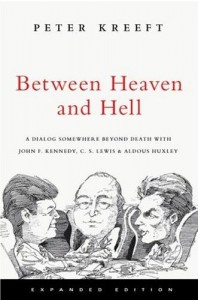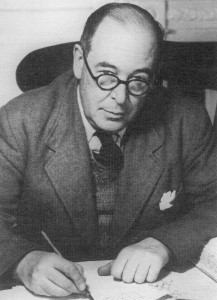Be careful what you delete from your laptop thinking its malware—it may be a $100 mistake.
A few weeks ago, I did just that. My laptop had been running slow and bombarding me with pop-ups. I went into control panel and deleted any programs I didn’t recognize. I restarted the computer, but I got the newfangled “blue screen of death.” I called a comic/hobby/computer shop in Columbia City, Indiana, to have it repaired. I’ve been going to that place since high school and knew everyone there, but I had never utilized the computer repair service before.
That was nearly two weeks ago. Apparently, I deleted a recovery partition, and fixing the thing is proving to be more difficult than they expected. (So they say. Other techies I’ve talked to say it shouldn’t be such an issue).
This has put quite a damper on my writing. I have several half-finished projects still on the thing’s hard drive (thankfully, I backed most of it up on a portable hard drive). I also have a few videos I want to make. Now, I can use my local libraries’ or friends’ computers, but that isn’t always convenient. As for writing, it’s been suggested I write it shorthand. I’ve done this before, but I must admit I like the immediacy of having it saved on the computer so I don’t have to transcribe it later. (Makes me wonder how old-timey writers could write multiple drafts before the advent of PCs!)
I’ve felt unproductive, for the most part, the last two weeks. It drives me crazy. Despite hanging out with some friends, I feel like I’m wasting time. Perhaps I’m a closet workaholic (I hope not). It’s like a weird version of cabin fever.
(Gotta love the Muppets!)
More likely, it’s because I have all these things to say, all these stories to tell, and I can’t get them out of me.
In college, my friend and fellow writer Keith Osmun shared a Bible passage with me he called “the writer’s verse.” It goes, “But if I say, ‘I will not mention His word or speak anymore in His name,’ His word is in my heart like a fire, a fire shut up in my bones. I am weary of holding it in; indeed, I cannot” (Jeremiah 20:9).
Now, I’m not about to put my writing—or anyone’s writing—on par with Scripture. However, it does describe most writers, especially Christian writers. God made us storytellers. He blessed us with talent and ideas. If we keep them in, we would burst like overfilled water balloons. In Jeremiah’s case, it was like containing an internal inferno. It will eat us up inside until it is released. Since I’ve temporarily lost my primary means of release, I’m about to lose my mind. No wonder most writers are neurotic.
Anyway, that’s another reason I’ve been quiet—too quiet—on the site. I meant to write something about why I’m not participating in National Poetry Writing Month this year, but that will have to wait.
Until then, fellow writers, be like the Human Torch and “Flame on!”



